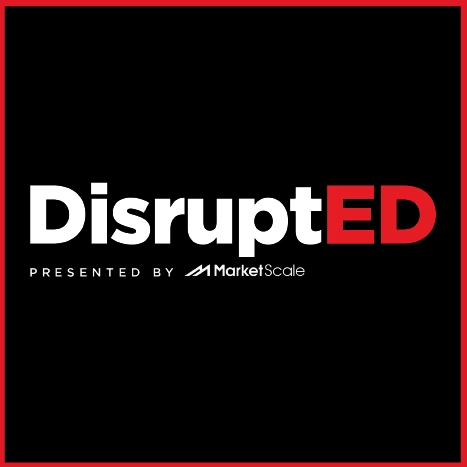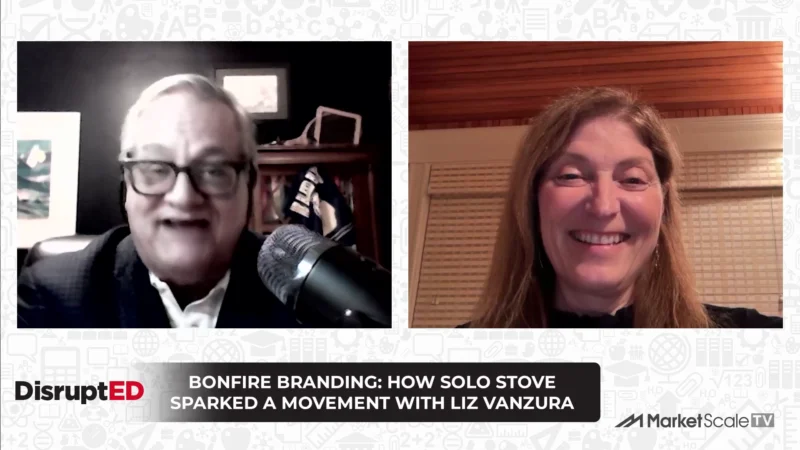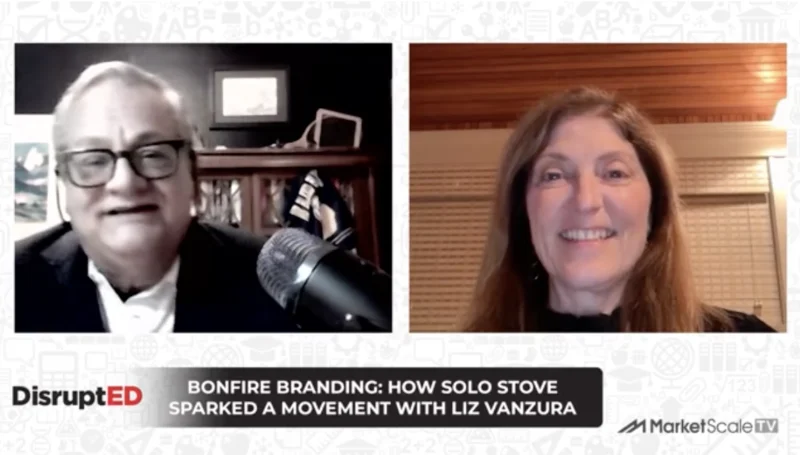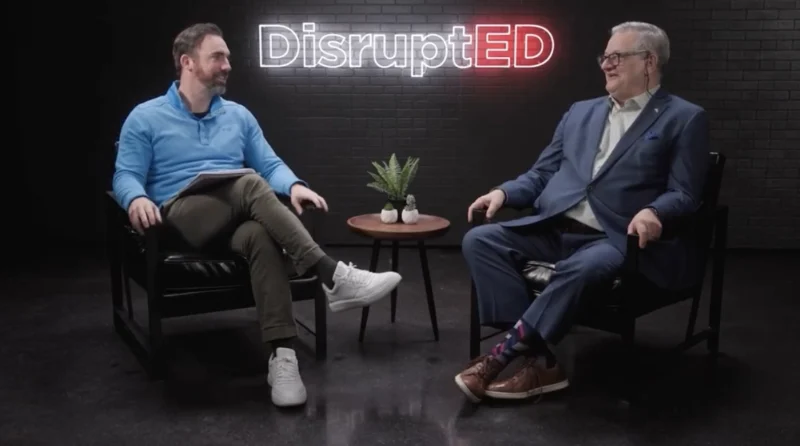The DisruptED World of Tech Talent with TEKsystems: Future-Proofing the Workforce Through Inclusive Hiring and Non-Traditional Education
In a workforce reshaped by automation, accelerated AI adoption, and persistent labor shortages, the demand for skilled tech talent has never been more urgent—or more difficult to meet. The traditional pipelines, namely college degrees and four-year institutions, are no longer producing enough candidates to meet the explosive growth in tech roles. With tech jobs expected to grow at twice the rate of the overall workforce in the next decade, organizations must urgently reimagine how and where they find talent.
So, how do companies build a future-ready, inclusive tech workforce when the old rules no longer apply?
In this episode of DisruptED, host Ron J. Stefanski sits down with Faith Johnson, Vice President of Global Human Resources at TEKsystems, and John Lullen, Managing Executive of Marketplace Inclusion, to explore the changing dynamics of talent development in the technology sector. From non-traditional training programs to responsible AI integration, this conversation delves into how TEKsystems is tackling the tech talent skills gap—and making a social impact while doing it.
Key takeaways from the conversation…
- Alternative Pathways Are the New Normal: TEKsystems’ partnership with organizations like Per Scholas helps individuals without traditional degrees train for in-demand tech roles through immersive, often short-term programs.
- Inclusion Is a Business Imperative: Diverse teams bring better solutions, and intentional workforce development strategies—like inclusive hiring and supplier engagement—are core to TEKsystems’ mission.
- AI Changes Everything: With the rapid advancement of generative and agentic AI, companies must not only adopt these technologies, but also ensure employees of all ages and backgrounds are trained to use them responsibly.
Faith Johnson is Vice President of Global Human Resources, Talent Acquisition, and Corporate Social Responsibility at TEKsystems, with over 25 years of experience driving strategic HR and workforce development initiatives across the Allegis Group. She leads global efforts in employee relations, recruiting, DEI, and corporate impact, aligning business growth with community engagement and talent transformation. A long-time advocate for inclusive hiring and social responsibility, she also serves on the national board of Per Scholas and the advisory board of the One Love Foundation.
John Lullen is the Managing Executive of Marketplace Inclusion at TEKsystems, where he leads inclusive hiring, workforce modernization, and supplier diversity strategies for multinational clients. With over 12 years in the tech and talent services industry, he has held various leadership roles including Business Operations Manager and Strategic Account Lead. Lullen also contributes to broader industry impact as a board member with organizations like Per Scholas and Experience Futures, driving social innovation and inclusive workforce development.
Article written by MarketScale.




